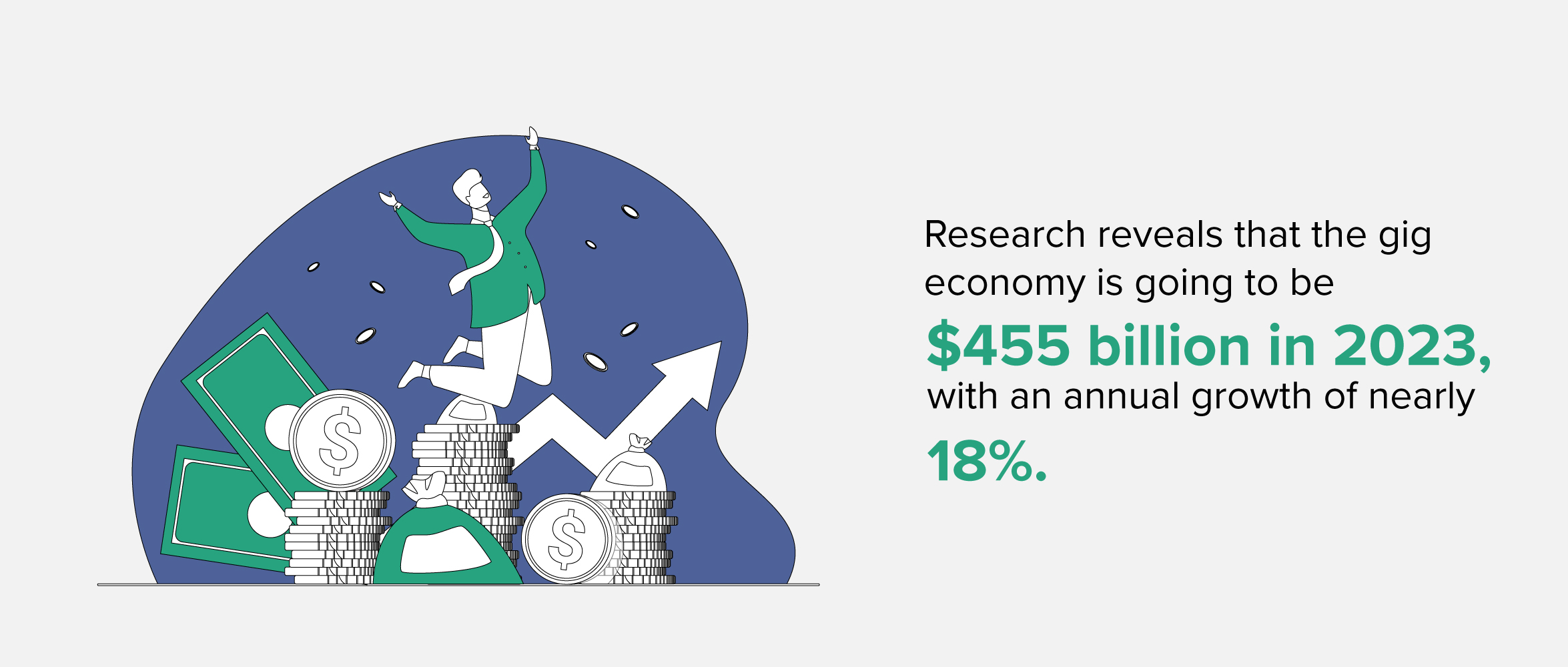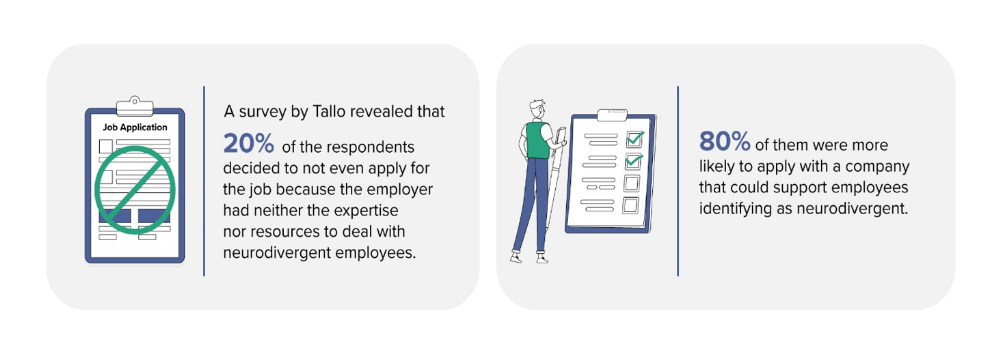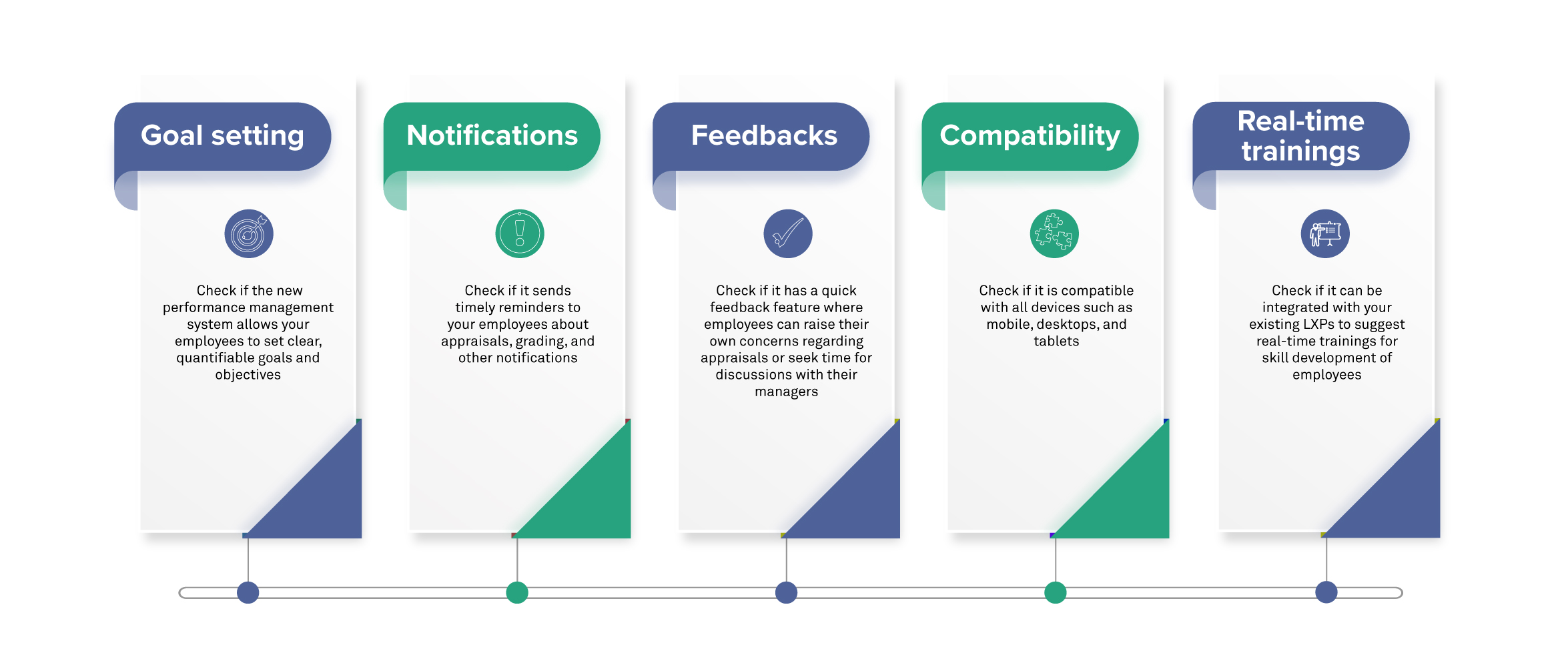The role of HR in the post-pandemic world has expanded, and it is now a priority for HR to compress costs and improve profitability—strategically. This period of swift transformation has caused businesses to bring HR to the forefront
A survey revealed that 34% of HR leaders planned to optimize their HR function budget in 2021.
The focus of organizations today is on optimizing investments to improve employee experience throughout their life-cycle within an organization, along with employee benefits and employee well-being. There is also a need to prepare businesses for the future of work. Leaders are expected to invest time, effort, and money into building partnerships that can influence the learning agility of the organization and its employees. Aligning employees’ personal goals with business goals has become important to revive the working economy.
And many of them are looking for help to begin right.
With the dawn of 2022, as the world prepares to rebound and re-grow, a sustainable cost optimization road map is of immense value. Here are my top 3 tips for leaders to make HR more effective by ensuring intelligent cost optimization across the hire-to-retire employee lifecycle.
1.Begin with making smarter talent-based hiring decisions
Deploy a two-pronged approach for this.
a. Integrate remote interviews and temporary labor with your hiring agenda

Leaders must begin to rethink traditional hiring strategies like on-campus interviews with alternate remote interview methods. You shouldn’t shy away from choosing temporary labor arrangements such as gig employees or freelancers to encourage a speedier economic recovery.
b. Tweak your hiring strategies with agile, current data insights

HR leaders must tweak their hiring drives with such insights. A customized program for neurodivergent employees in real time using training software can help them secure the right talent. You should be quick on your toes when it comes to leveraging data-driven insights to modify your current style of shortlisting talent.
2. Foster a culture of “continual learning”
Choose the right tech-empowered partner organizations that can help design smart, personalized learning and development plans for your employees. Invest in Learning Experience Platforms (LXPs) that leverage powerful data insights and provide interactive learning modules in a few clicks.
3. Choosing flexible and simple performance evaluation models
A report by Gartner HR Research revealed that organizations that choose flexibility in managing employee work lives are three times more likely to experience higher, better performance.
Successful organizations have considered flexibility a must while undertaking cost optimization initiatives with respect to employee performance. Businesses now need to evaluate employees against their self-authored goals in line with organizational objectives. This also implies that a user-friendly performance management system must be available. Here’s a checklist for you to consider while choosing the right performance management system:

Figure: Things to consider before choosing a performance management system
Measuring human resource costs has always been one of the most popular components of HR accounting. To combat the disruption and economic uncertainty caused by the pandemic, HR leaders all over the world, are asked to take more responsibilities to reduce costs.
But it is advisable to not view HR cost optimization as a short-term goal, especially when evaluating potential initiatives that offer immediate savings and rule out unforeseen business impact and key trade-offs.
When HR costs are optimized, leaders get to explore new and impressive ways of operating, being creative, and building morale. As times are changing, businesses cannot afford to not optimize HR costs. And, they shouldn’t.
Industry :

Jasjit Singh Kang
SVP & Business Head: Digital Operations & Platforms(DOP)-iCORE, Wipro Limited
Jasjit leads global delivery for Wipro HR Services, Healthcare and BFSI. He is responsible for client relationships, operations and growth for these practices. With over 28 years of experience, Jasjit has worked in the areas of operations management, technology based innovation, business development and relationship management.